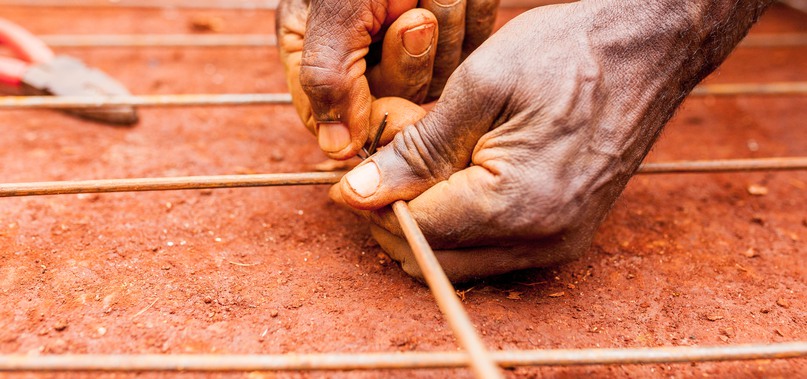Researchers support product developers in Tanzania

BTH researchers will study how people work with design and development in Tanzania. The aim is to increase their ability to design more successful products. The project is supported by the Swedish Research Council.
In developing countries, a large number of people design and produce products such as window coverings, buckets, metal boxes, pots, etc. They work in micro-enterprises in the informal sector, which means that they have no formal agreement with the employer but receive irregular wages and usually live off hand to mouth and without protection of any social security system.
These workers lack formal design training but still have the ability to design products.
-Despite the recognition of their product design ability, there is very little research on their design process. In the project, we will study this critical knowledge gap via scientific methods, says Santosh Jagtap, associate professor and project manager at BTH.
The two-year project will be carried out by four researchers – two from Sweden, one from Tanzania and one from India. The project has been granted support by the Swedish Research Council.
– In 2021, we will collect empirical data in informal micro-companies in metalworking in Tanzania. In 2022, we will distribute the results of data analysis in metalworking micro companies and other relevant stakeholders through seminars in Tanzania and India, Santosh Jagtap continues.
The project will primarily provide basic knowledge of models and theories of design and development processes, but will also contribute to improving design practices in micro-enterprises.
Knowledge of the design process in informal micro-enterprises will provide a sound basis for design methods and training programmes to improve their ability to design more successful products.
18 November 2020